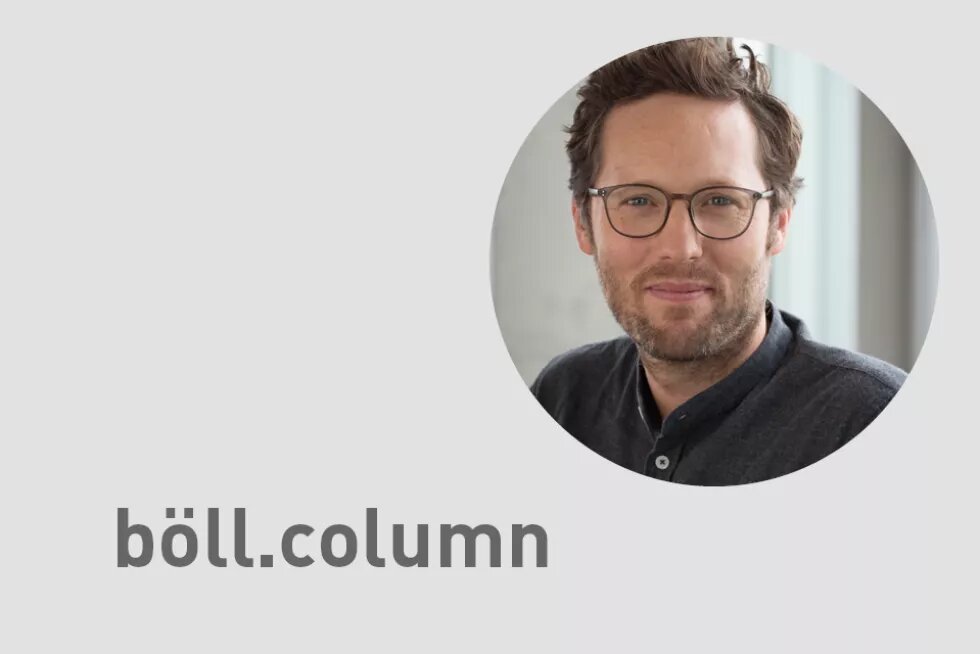The crises of our time demand serious solutions from the parties instead of a return to the past. Those who do not dare to say so demonstrate the opposite of state-political responsibility.

It is true, times marked by multiple crises and rapid change will unsettle many – and many fear that they will lose out during the coming economic, geopolitical, and social transformations. A substantial number of people in Germany and Europe do not believe that governments or political parties will be able to resolve these great challenges in ways that benefit them – and thus they question the shared premises of our society. Extremist parties and populist political actors are trying to exploit these exact fears to deflect the fact that they have no solutions and are only trying to profit from insecurity in the short term.
Democratic parties need to find quick answers to insecurity and anxiety about the future; as yet their responses are inadequate. Instead of proffering honest and forward-looking answers to crises such as climate change, the ramifications of Russia’s war of aggression against Ukraine, the rising cost of living, or the skilled worker shortage, some German and European democratic parties disparage change and those who demand it, and, against their better judgement, advocate a return to the past. Their motive, one has to assume, is fear that voters will not favour those who spell out clearly inconvenient truths about the need for change. However, to react thus is the opposite of responsible political action – and it is gutless.
Hence those who outline and elaborate changes that are necessary – be it to stop climate change, boost economic opportunities, or take social realities into account – are increasingly being denounced as radicals. Unfortunately, such reflexive name-calling is not only exhibited by the extreme right or by the left faction clustered around Sahra Wagenknecht, it is also to be found among conservatives (CDU/CSU), liberals (FDP), and even Chancellor Scholz’ social democrats (SPD). The Greens, as a party that has always aspired to fashion the present and the future actively and responsibly, are now being accused of overtaxing people, social cohesion, and the economy – and thus of fertilising the soil on which extremism has flourished.
Many are also targeting the Greens because of their unequivocal stance on foreign policy; their advocacy for change in agriculture, food, and conservation; and their continuing support for a society that is open and diverse. By now, many political competitors have realised that such fears can be weaponised for campaigning against the Greens.
It would be a grave mistake to accept such imputations. Instead, the Greens need to continue with implementing the reforms they launched and to demonstrate how to future-proof our country. A large part of society is well aware that change is necessary to preserve prosperity, liberty, and security in future, and they appreciate that, for this, the Greens have exactly the right type of expertise and objectives. What will be make-or-break, is to be bold, to reach out to people, to win back their trust, to forge coalitions that will fashion change, and to give people faith in the future.
Translated from the German by Bernd Herrmann.
This article first appeared here: www.boell.de
